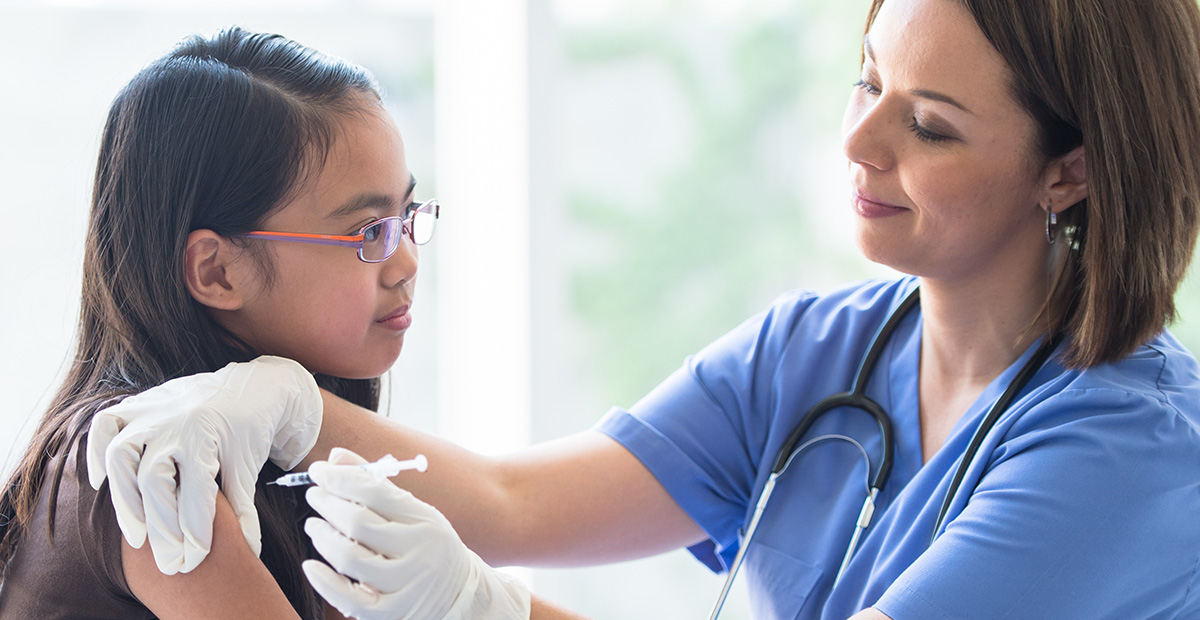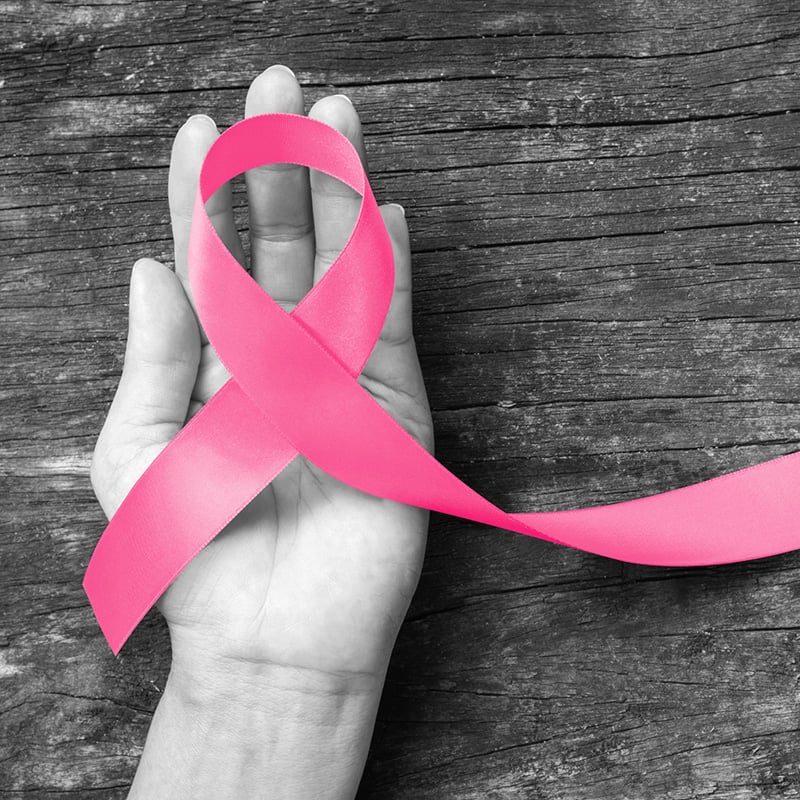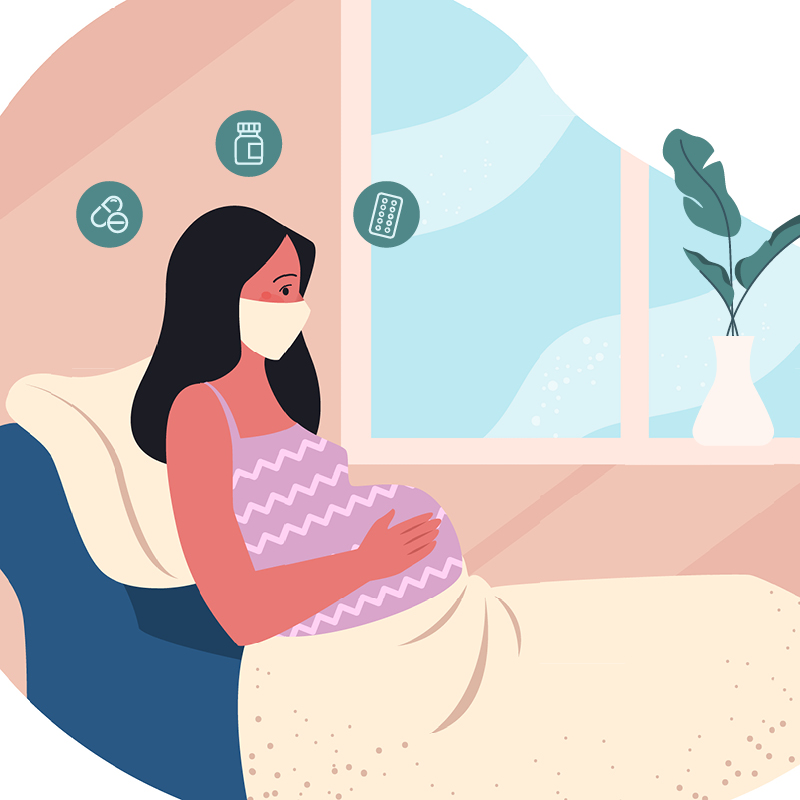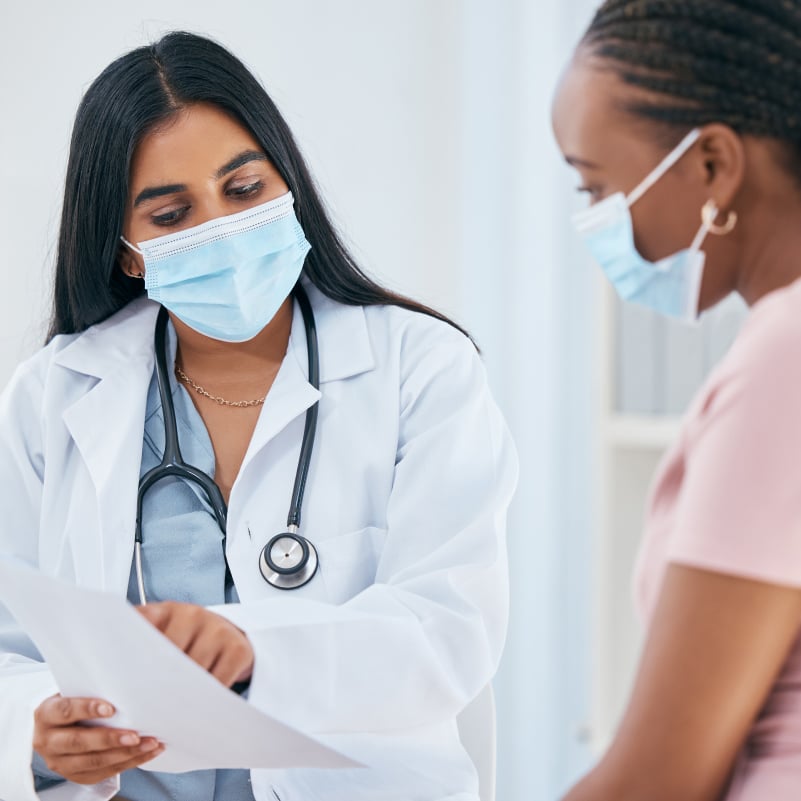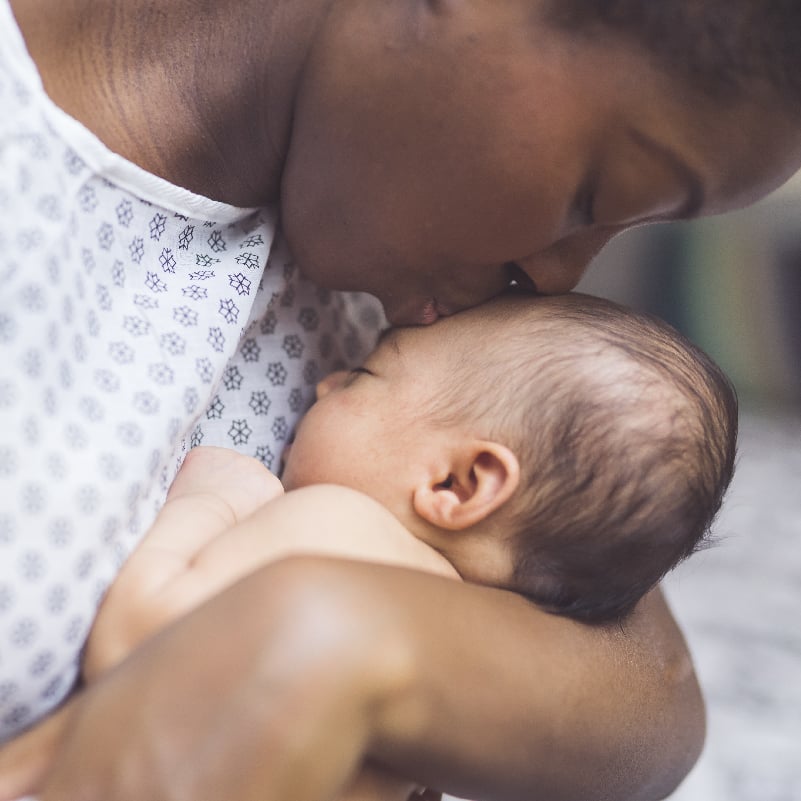Approximately 13 million people living in the U.S. are infected with human papillomavirus (HPV) every year. The vast majority of those people will see their infections go away by themselves within 2 years. For some, an HPV infection leads to a cancer diagnosis.
Thankfully, there is an HPV vaccine that can help prevent the virus and, thus, many of the cancers that may be caused by the virus.
HPV and the vaccine
Human papillomavirus is a common virus that affects millions of people each year. The virus is spread through skin-to-skin contact, and is often passed on through sexual contact. This is why HPV is often linked to cervical, vaginal, vulvar, penal, anal, and oropharyngeal cancers. Approximately 36,000 cases of these cancers are diagnosed in men and women every year.
First recommended in 2006, the HPV vaccine helps to protect males and females against the virus – and thus preventing cancer from developing later in life. Studies show infections with HPV types that cause most HPV cancers and genital warts have decreased by nearly 90 percent among teenage girls since the vaccine was first recommended.
There are usually no side effects from the vaccine, but possible reactions can include:
- dizziness
- fainting
- headache
- nausea
- fever
- redness or swelling at injection site
Most medical insurance plans cover routine vaccinations such as the HPV vaccine. Pediatricians and primary care providers often administered these shots at their offices. School-based health centers and public health departments will offer them, as well.
“HPV vaccines are widely available at most medical offices and community health centers,” said Olivia Higgins, MD, an OBGYN with Rochester Regional Health. “It is the single most important thing to do for all boys, girls, and other individuals to dramatically decrease their risk of cervical cancer.”
Who should get the HPV vaccine
The American Academy of Pediatrics recommends children receive the first of doses starting around ages 11-12. According to the Centers for Disease Control (CDC), the HPV vaccine can be administered to children starting at age 9.
There are some people who should not get the HPV vaccine, including those who are:
- pregnant
- allergic to yeast
- allergic in a life-threatening manner to any ingredient of an HPV vaccine
Teenagers or young adults ages 15-26 who receive the vaccine will get 3 doses if they did not start or complete their HPV vaccinations. If a person doesn’t complete all of their doses, they can get them up to age 45. Each individual should have a conversation with their pediatrician or primary care provider to determine what is best for them.
Concerns
Parents may have concerns about their 11 or 12-year-old child receiving the HPV vaccine – especially because HPV is transmitted through sexual contact. While the discussion is uncomfortable, it is important to note that this vaccine is given as a preventative measure.
When a person is infected with HPV, cancer often takes years to develop. By giving children the vaccine before they might have contact with the virus (become sexually active), it gives their body more protection against the virus and potentially developing cancer years or even decades in the future.
People have also raised concerns as to whether the vaccine might affect fertility for those who receive it. An analysis of individuals who received the HPV vaccine showed there was no link between the vaccine and infertility. A separate study published in 2018 initially showed a decrease in fertility for women who received the HPV vaccine, but was later retracted after the study’s authors said an error in their statistical analysis may have actually shown an increase in female fertility.
“As with all vaccinations administered to children, your pediatrician is the best person to address any questions that may arise. That being said, this vaccine is safe and highly recommended,” Dr. Higgins said.

